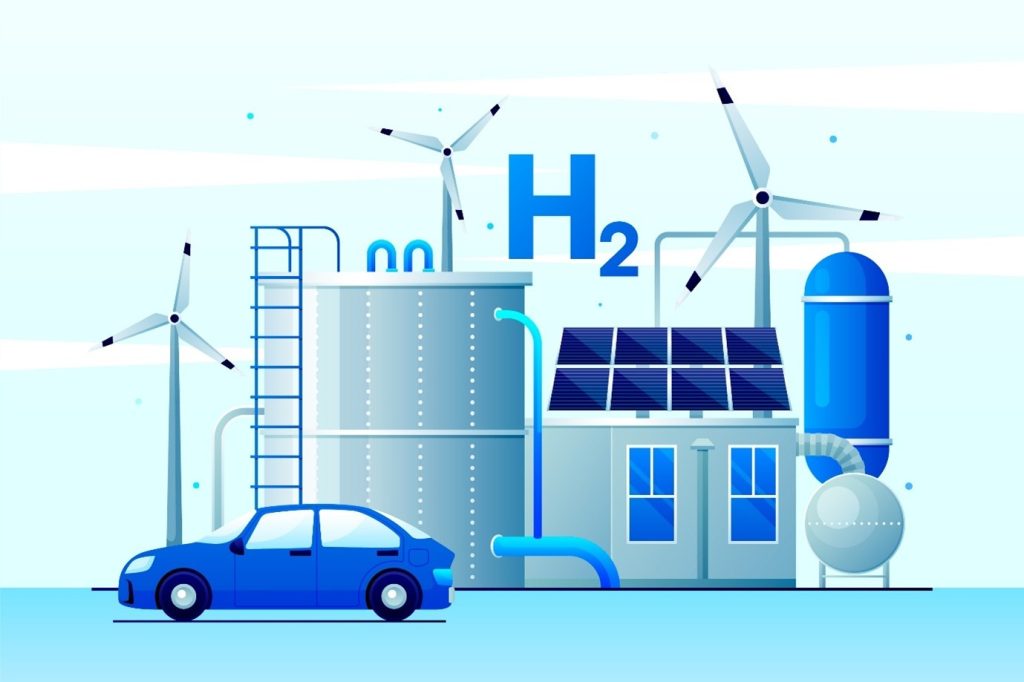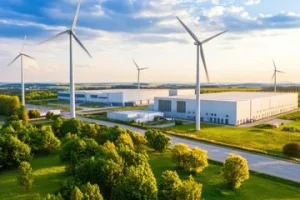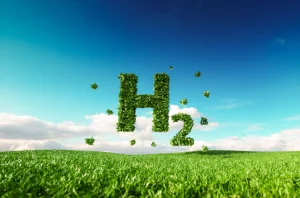Hydrogen Electrolysers in Renewable Energy Storage and Grid Stability
The transition to a clean energy future is well underway, and hydrogen electrolysers are emerging as a pivotal technology in renewable energy storage and grid stability. Hydrogen, as a versatile energy carrier, plays a vital role in decarbonizing sectors where electrification is challenging, such as heavy industry and long-haul transport. Here’s a look at five key ways hydrogen electrolysers are contributing to the stability and resilience of renewable-powered grids.
- Balancing Renewable Energy Surges with Storage Solutions
Renewable energy sources like solar and wind are inherently variable, which can lead to fluctuations in power supply. Hydrogen electrolysers provide a solution by using excess electricity generated during periods of high renewable output to produce hydrogen. This stored hydrogen can then be used as needed, converting it back to electricity or using it in industrial processes, effectively balancing the grid and making renewable power more reliable.

- Enhancing Grid Stability with Long-Duration Energy Storage
Unlike traditional batteries, hydrogen offers a form of long-duration energy storage that can last from days to even months. During times of low renewable generation or high demand, stored hydrogen can be reconverted to electricity, providing the grid with a steady supply. This capability ensures a stable energy supply, particularly valuable for regions with significant seasonal variation in renewable energy production.
- Decarbonizing Industrial and Transportation Sectors
Hydrogen produced through electrolysis serves as a clean fuel alternative for industries and transportation sectors that are otherwise challenging to decarbonize. For example, heavy-duty vehicles and certain manufacturing processes require high energy densities that battery technology cannot always deliver efficiently. Electrolysers enable these sectors to utilize hydrogen as a fuel, reducing dependence on fossil fuels and thus lowering carbon emissions on a large scale.
- Contributing to Energy Independence and Security
Hydrogen electrolysis helps countries reduce dependence on imported fossil fuels, fostering greater energy independence. By leveraging domestically produced renewable energy sources, nations can produce hydrogen locally, strengthening their energy security. This is particularly relevant in the face of global energy market volatility, enabling regions to rely on their own renewable assets for long-term stability.
- Supporting the Development of a Green Hydrogen Economy
The expansion of hydrogen production electrolysis infrastructure is driving the growth of a green hydrogen economy, creating jobs, fostering innovation, and encouraging investment in clean energy technologies. As more industries adopt hydrogen solutions, the costs of electrolysis and hydrogen fuel cell technology continue to decrease, further enhancing its viability and adoption rate. This growth in the hydrogen sector supports a broader transition toward sustainable energy systems worldwide.
Conclusion
Hydrogen electrolysers are transforming renewable energy storage and grid stability, making the path to a low-carbon future clearer than ever. Their role in renewable integration, energy security, and sector-wide decarbonization showcases their value as an essential technology in achieving global climate goals. As we continue advancing the green hydrogen economy, hydrogen electrolysers will be central to creating a stable, resilient, and cleaner energy system.




